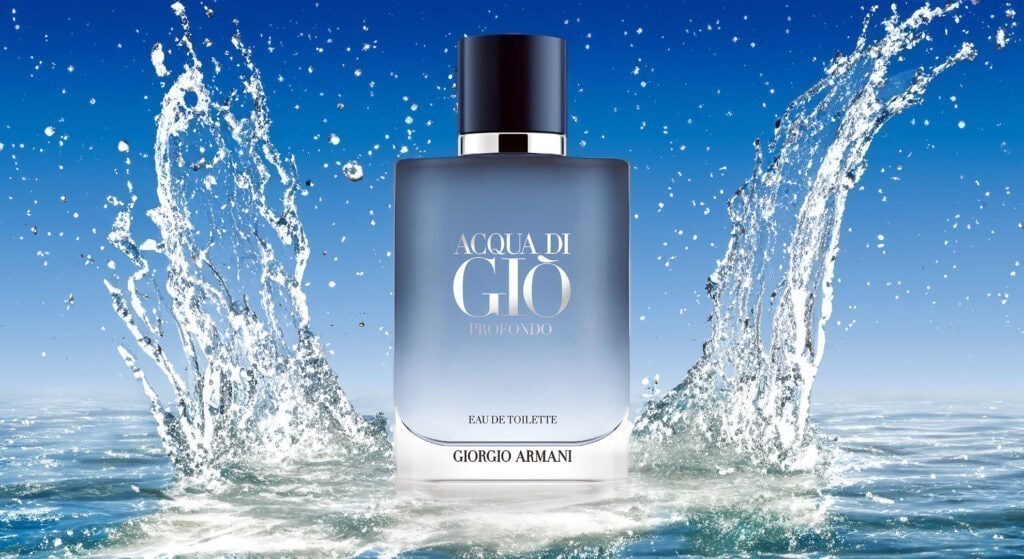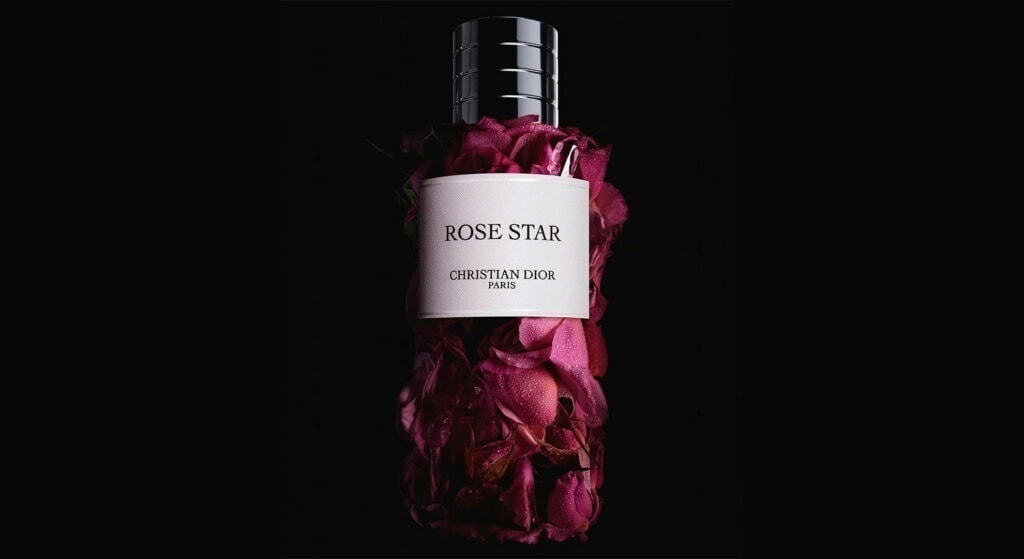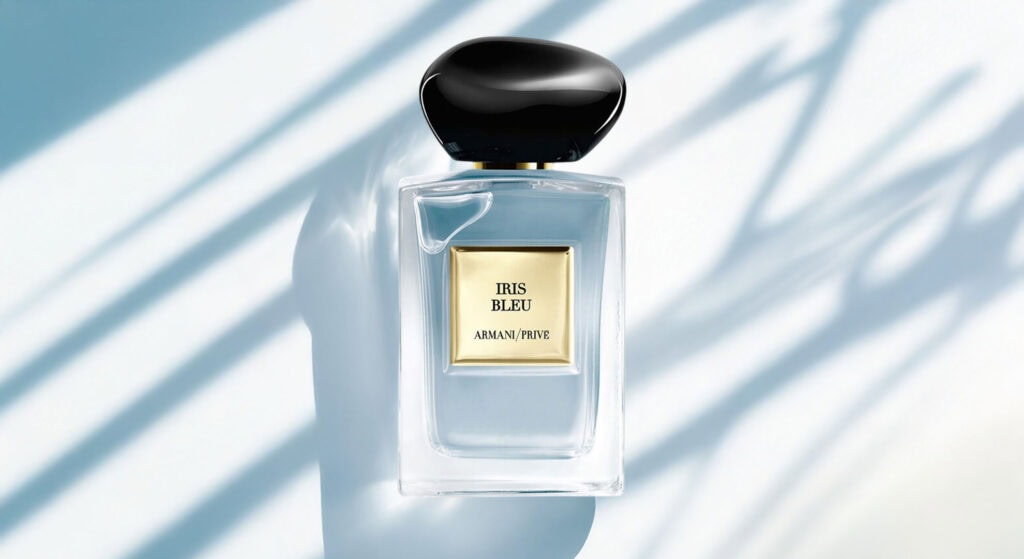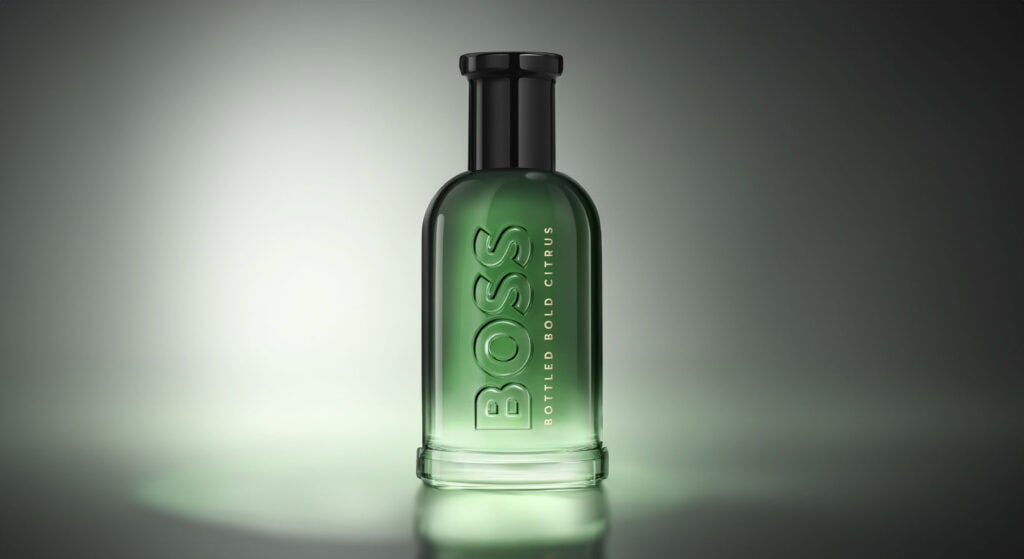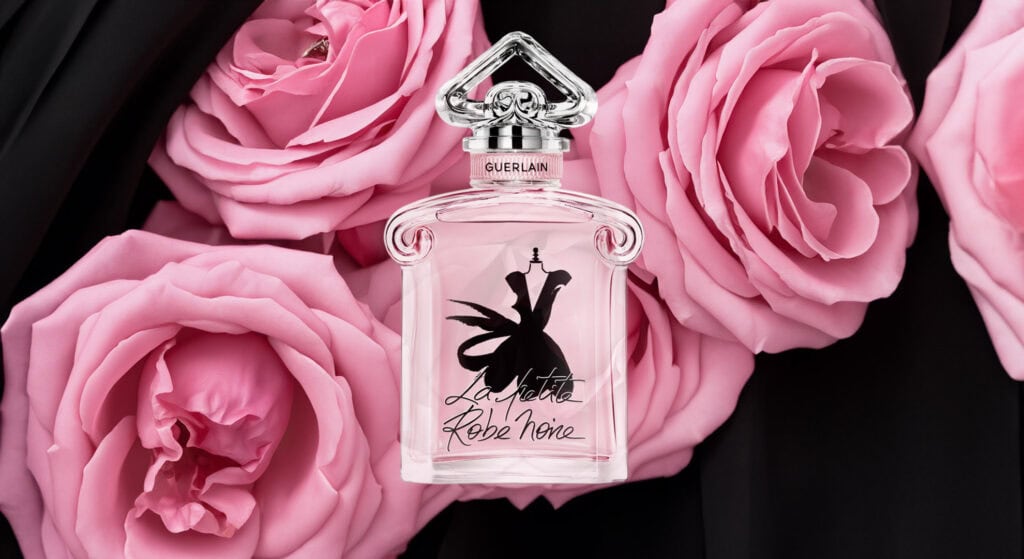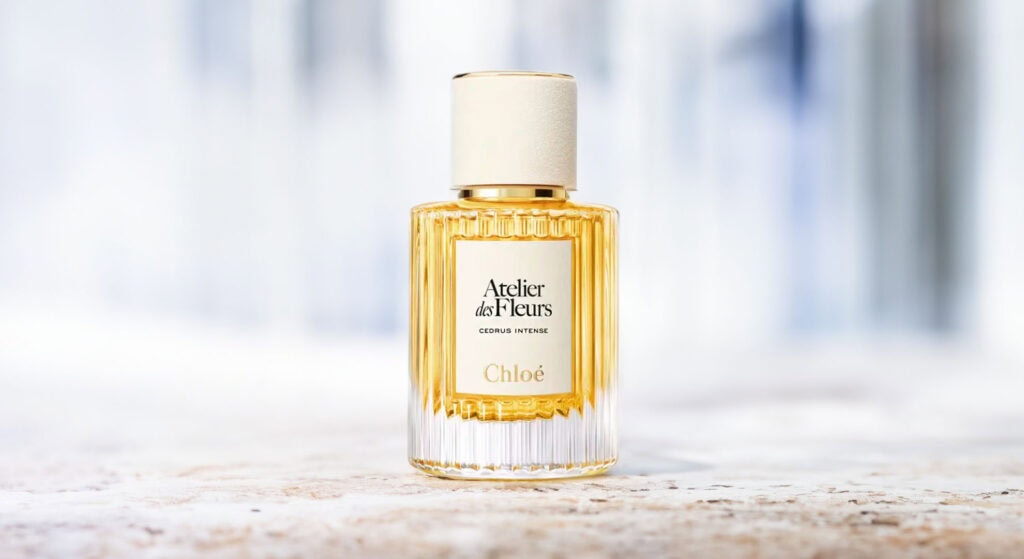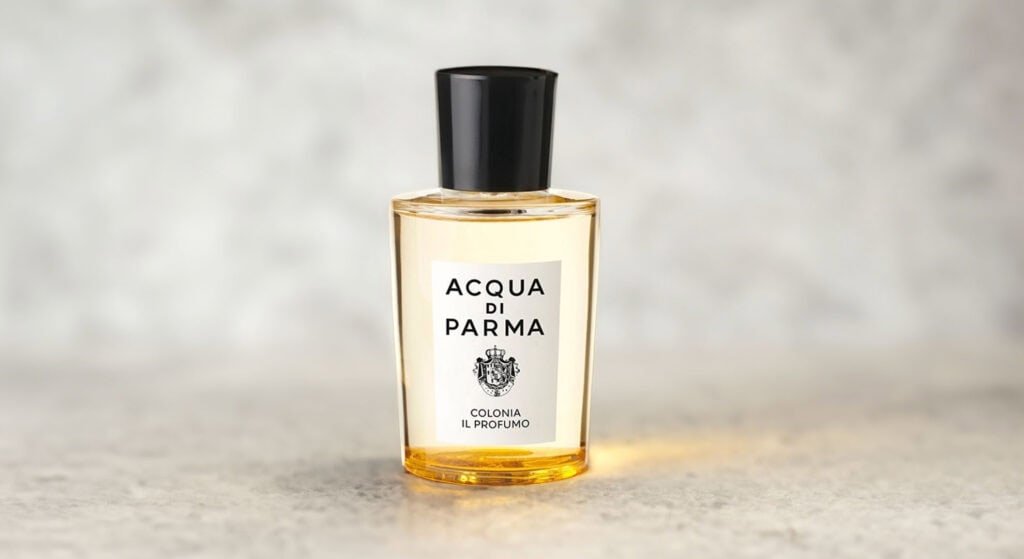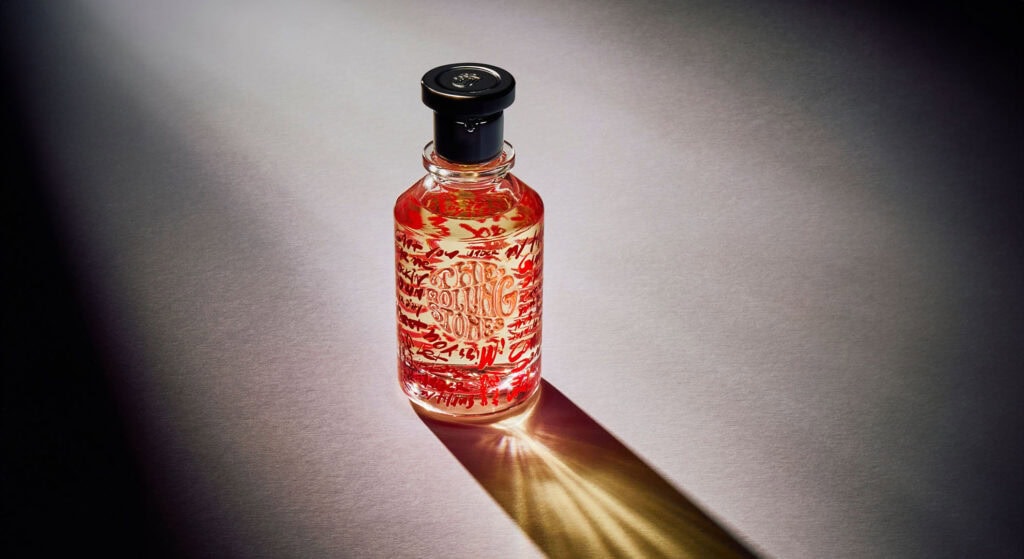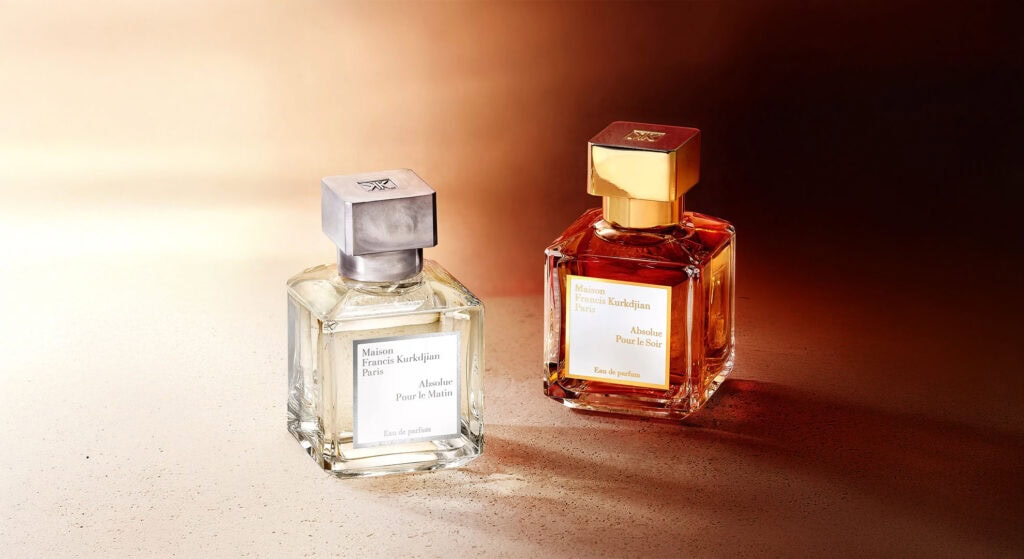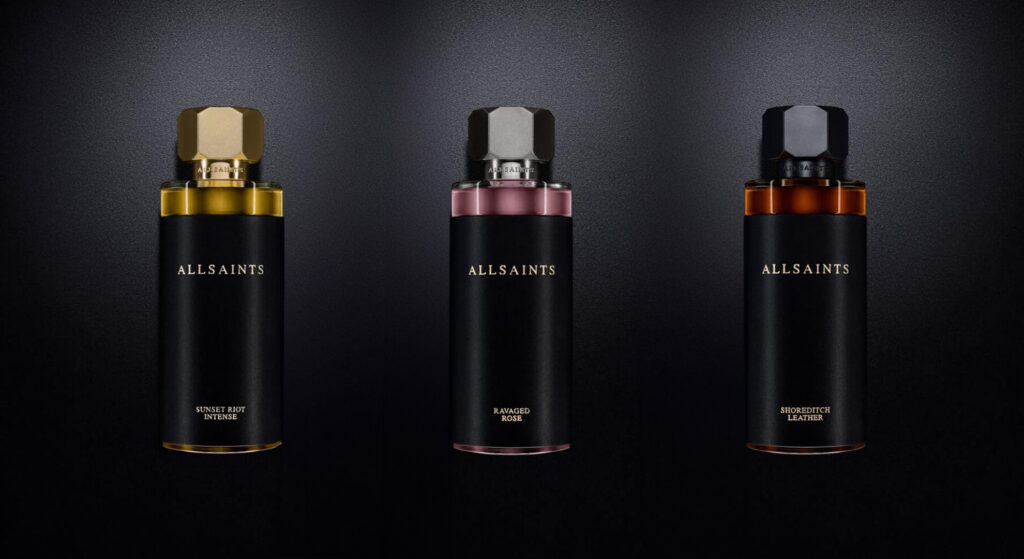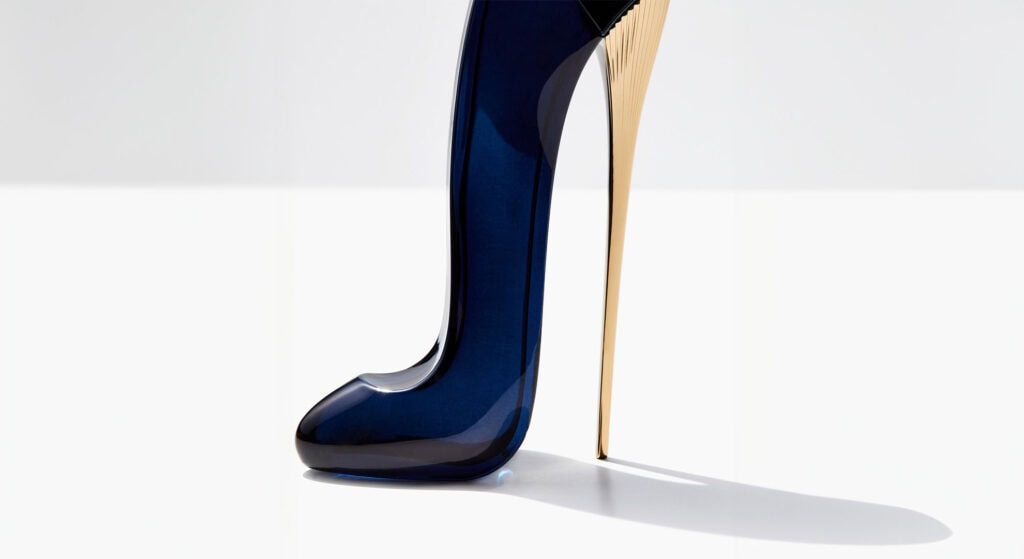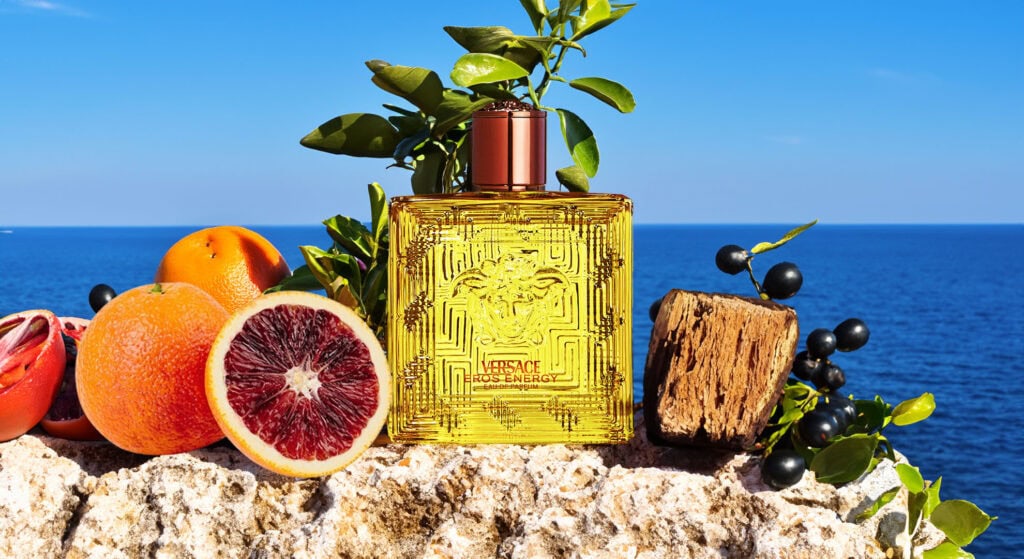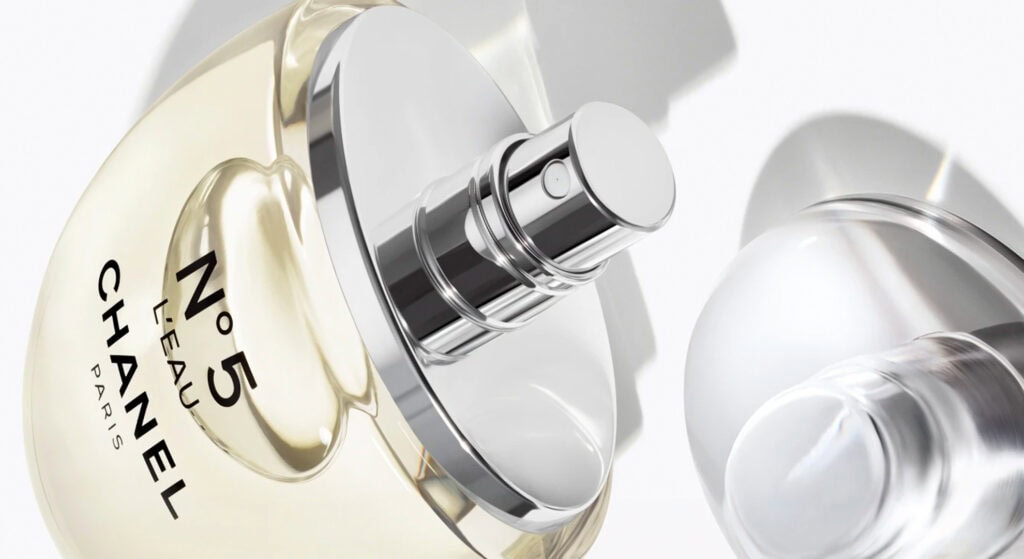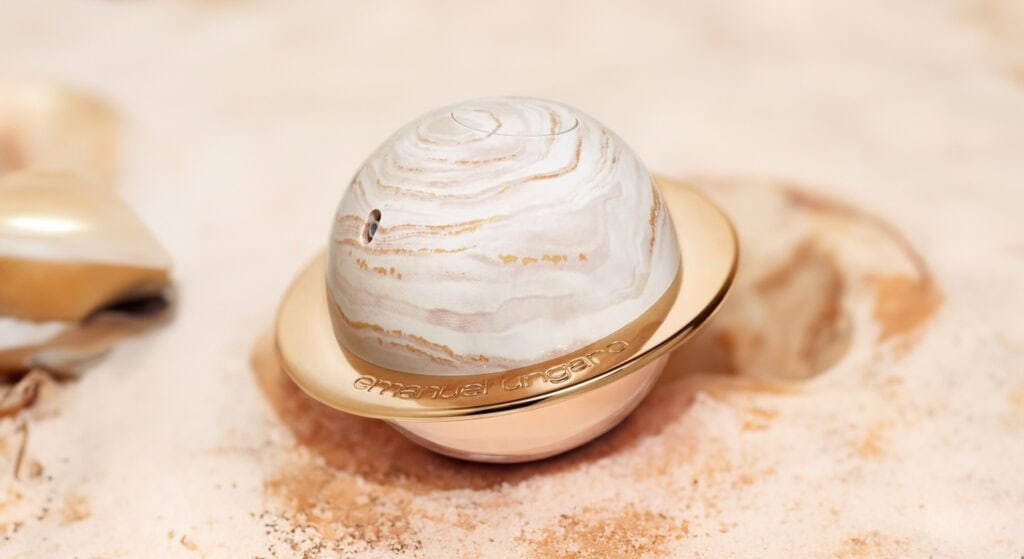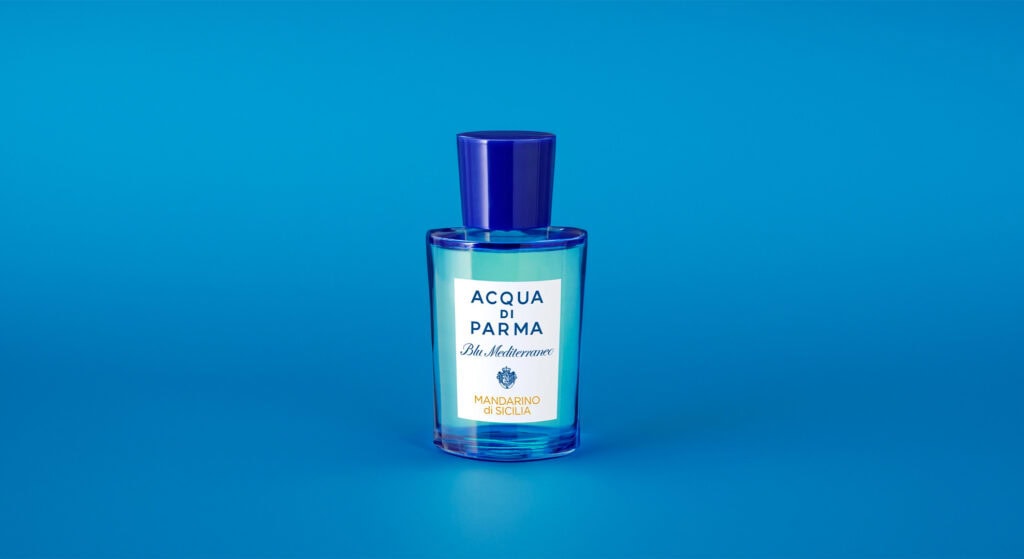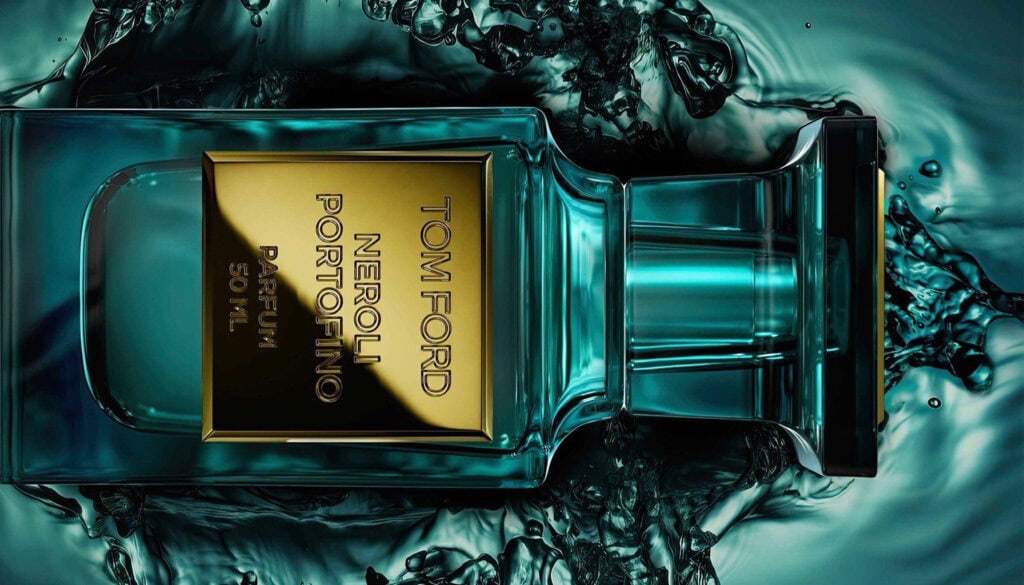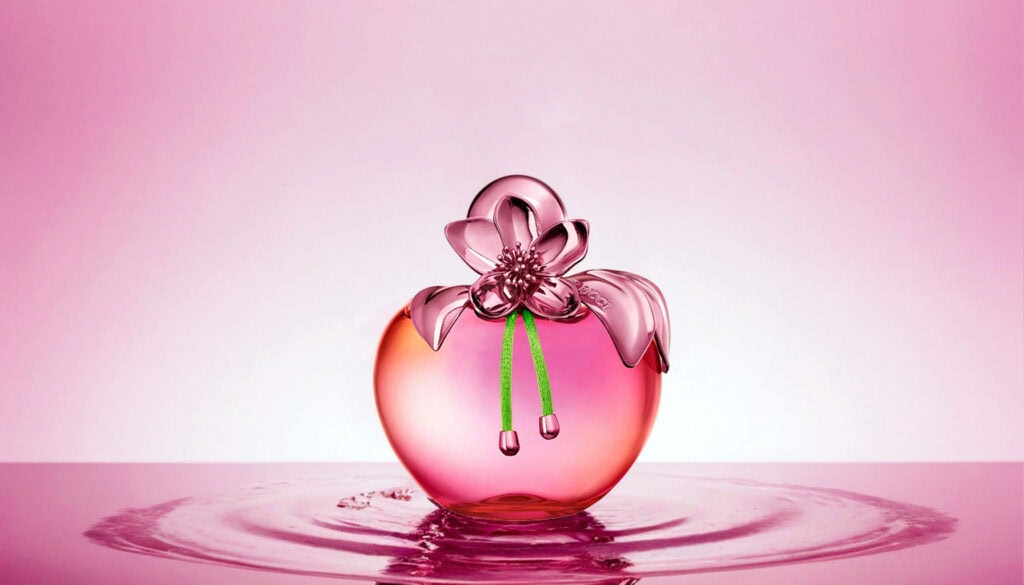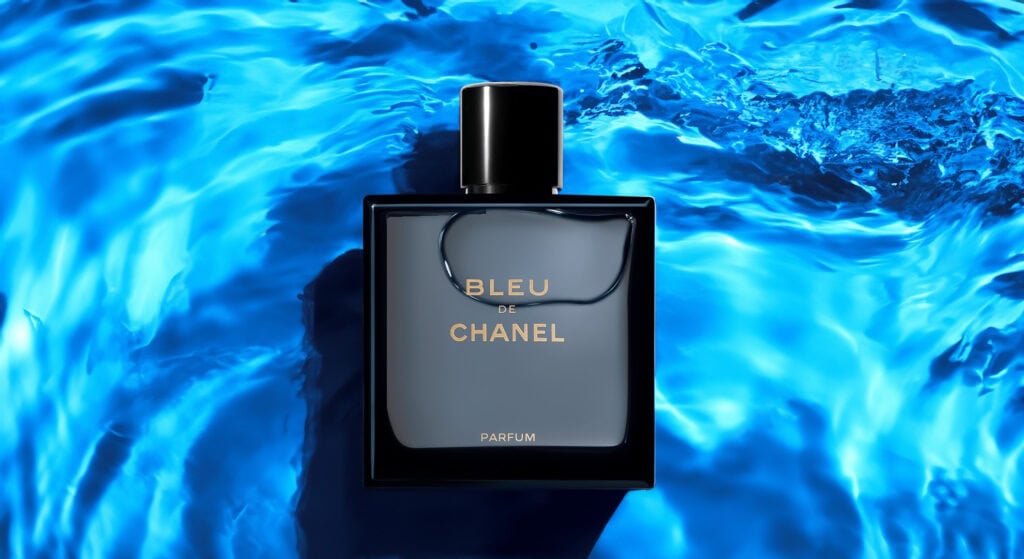Lemon in Perfumery: Citrus Essence and its Variations
The scent of lemon is widely known and refreshing in the world of perfumes. The sharp, invigorating, and tangy scent inspires the senses and brings a lightness to every perfume. Lemon is frequently utilized as a top note, providing a sudden feeling of freshness and vitality. However, not all lemons are equal when it comes to making perfume – different types like Italian Amalfi lemons or Sicilian lemons provide unique scents and qualities that enhance the range of fragrances available. Let’s delve into the significance of lemon in fragrances, its various types, and the skill of mixing it with other scents.
The Essence of Lemon in Perfumes
To capture the scent of lemon for perfumes, the essential oil is extracted mainly through a process known as cold pressing. This method, used on the peel of the fruit, preserves the natural brightness of the lemon’s aroma. Unlike steam distillation, cold pressing retains the zesty, slightly bitter nuances that give lemon its sharp, crisp profile. Lemon essential oil, often categorized as a top note, is fleeting but powerful – it immediately catches attention and brings life to a fragrance.
Beyond cold pressing, some perfumers choose to use lemon aroma chemicals, such as citral or limonene, to recreate or amplify the natural lemon scent. These synthetic notes provide consistency and longevity, ensuring the perfume retains that lemony spark long after the natural oils have faded.
Varieties of Lemon Used in Perfumery
Different types of lemons contribute their own unique characteristics to perfumes, and these subtle variations can transform a fragrance’s identity.
- Amalfi Lemons: Grown along Italy’s Amalfi Coast, these lemons are prized for their vibrant, tangy scent with a slightly sweet undertone. Amalfi lemon is known for its elegance and depth, making it a favorite in luxury perfumes. Its aroma is less harsh than standard lemons, offering a more rounded and refined citrus profile.
- Sicilian Lemons: Another Italian variety, Sicilian lemons are highly aromatic with a more pronounced acidity. Their crisp, sharp scent brings a bright and punchy freshness to a fragrance. Sicilian lemon essential oil is often used in perfumes that aim to evoke Mediterranean landscapes or summer scents, giving them a sun-soaked, citrusy opening.
- Meyer Lemons: While less common in perfumery, Meyer lemons offer a softer, sweeter lemon scent. A cross between a lemon and a mandarin, Meyer lemons have a floral and fruity quality that introduces a gentler citrus note. These lemons work well in perfumes where a more mellow citrus touch is desired.
- Verna Lemons: Known for their high oil content, Verna lemons have a bold, aromatic fragrance. Grown primarily in Spain, these lemons are often used in fragrances that require a longer-lasting lemon note, thanks to the richness of their oils. Their scent is slightly earthier than other lemon varieties, with a well-rounded citrus kick.
Blending Lemon in Perfumes
Lemon, with its sharp and zesty nature, is frequently paired with other notes to balance its freshness and to extend the citrus experience.
- Floral and Lemon Blends: Lemon’s lively character pairs beautifully with floral notes like jasmine, rose, and neroli. The crispness of lemon highlights the softer, sweeter aspects of florals, creating a bright, effervescent opening that transitions smoothly into a delicate heart. Dior’s Eau Sauvage is a classic fragrance where lemon is balanced with a floral accord, creating a scent that feels fresh yet elegant.
- Herbaceous and Green Scents: Lemon’s citrus zing cuts through the greenness of herbal notes such as mint, basil, or thyme. These combinations result in perfumes that feel natural and vibrant, evoking the freshness of a herb garden on a sunny day. Hermès Eau de Citron Noir uses lemon alongside black tea and woody notes, giving a fresh yet complex fragrance that evolves with every hour.
- Gourmand and Lemon Combinations: Lemon is often paired with sweet, edible notes like vanilla, caramel, and honey to create a tart, sweet contrast. The sharpness of lemon prevents the sweetness from becoming overwhelming, making the perfume both fresh and decadent. Guerlain’s Shalimar Souffle de Parfum uses lemon to add a bright, zesty twist to its classic vanilla and jasmine blend.
- Woody and Citrus Combinations: When paired with woody notes like cedar, sandalwood, or vetiver, lemon brings a refreshing, crisp edge to balance the warmth and depth of the woods. The result is often a fragrance that feels grounded yet uplifting. Acqua di Parma’s Colonia is a refined example of this, blending lemon with warm woody notes to create a timeless and sophisticated scent.
- Spicy and Citrus Pairings: Lemon also blends effortlessly with spices like cardamom, ginger, and black pepper, giving the fragrance a dynamic and energizing quality. The sharpness of lemon works well with the warmth of spices, creating a scent that feels vibrant and complex. Tom Ford’s Neroli Portofino masterfully combines lemon with citrus, herbs, and light spices for a Mediterranean-inspired fragrance that is both invigorating and refined.
Iconic Perfumes Featuring Lemon
Many famous perfumes use lemon to enhance their compositions, making it a signature note in a wide range of scents.
- Dior Eau Sauvage: This iconic fragrance is known for its bright, fresh opening with a dominant lemon note. The lemon is softened by herbs and florals, giving the fragrance its timeless elegance and vibrant energy.
- Acqua di Parma Colonia: A classic citrus fragrance where lemon is at the forefront. Combined with orange, bergamot, and a base of earthy woods, Colonia is a sophisticated and refreshing scent that exudes Italian charm.
- Guerlain Shalimar Souffle de Parfum: In this variation of the original Shalimar, lemon is used to bring a lively and sparkling quality to the sensual vanilla and floral notes. It offers a more modern, lighter take on the classic scent, with lemon providing a bright contrast to the deeper base notes.
- Tom Ford Neroli Portofino: Lemon is one of the key citrus notes in this Mediterranean-inspired fragrance. Its sharpness is balanced by neroli, lavender, and amber, creating a scent that is both fresh and luxurious.
Lemon’s sharp, uplifting nature brings vibrancy to any fragrance composition. Whether brightening florals, complementing woods, or adding a zesty twist to gourmand scents, lemon’s ability to refresh and energize makes it an essential ingredient in the perfume world. Its various varieties, from Amalfi to Sicilian, offer nuances that perfumers use to craft everything from light, summery fragrances to sophisticated, timeless compositions.
Love this fragrance? Share your thoughts! Your vote helps other perfume lovers discover new favorites. Rate it now and make your mark!
Click on a star to rate it!
Average rating 0 / 5. Vote count: 0
No votes so far! Be the first to rate this post.
